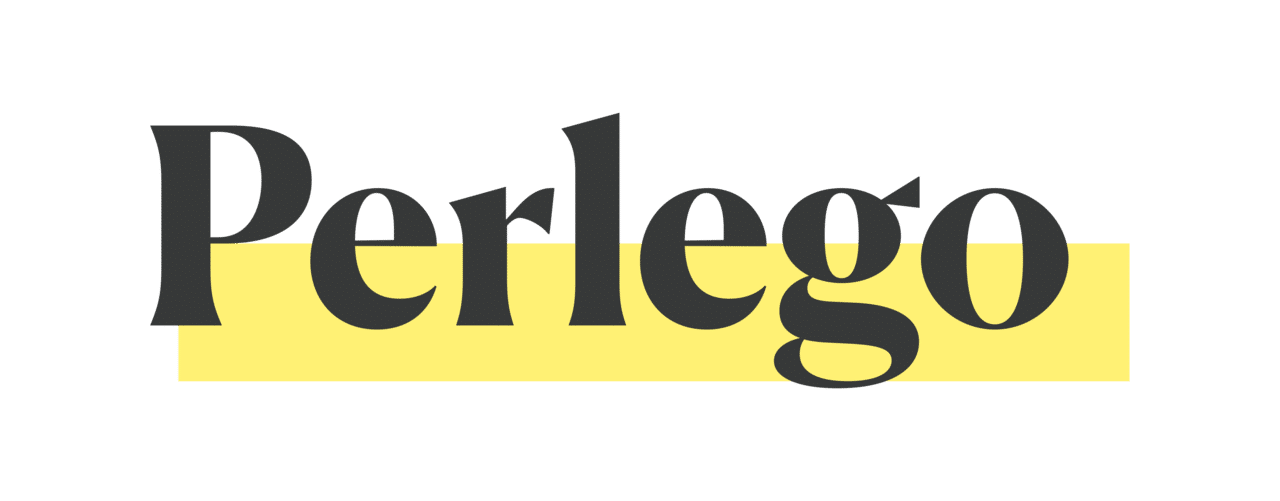
Back in 2011, I was flabbergasted by the potential of iPads for education. I felt precisely the same impression in January 2020 at the BETT Conference in London, when I discovered Perlego.
There is actually an essential link between these two moments. I remember that the first question we would ask regarding the introduction of the iPad in 2011 was: Does it come with textbooks? In those days, the answer was something like: We are talking with publishers to convince them to go digital. Textbooks will come.
Well, it was not so simple. Many publishers have proposed their own platforms with various levels of technology, pricing, and, incredibly annoying, their own individual licensing conditions.
It became evident that the iPad revolution of education was going to happen without textbooks. And so be it. iPads have been great at nurturing creativity in the classrooms. Filming, coding, researching, presenting, collaborating have proven powerful to empower educators. Yet. Education without a proper solution for reading? Seriously?
Only reading can provide reliable and diversified foundations for knowledge. The internet does give access to all the knowledge available in the world. Often still, it comes in a messy, confused, hardly usable, and very often not very legal form. Access to authored sources thus remains paramount, especially at the higher education level.
This is why Perlego is a revolution for education. Technology is not only about action. It is also about content. And Perlego not only makes content available more quickly, it actually enhances the power of content.
Perlego gives access to 400’000+ textbooks in all traditional fields of education, including biology, economics, art, literature, history, medicine, psychology, social sciences, technology, and engineering. Only one licensing system, one management dashboard, one URL, one App.
Perlego redefines the very notion of textbooks and mandatory reading. When access to knowledge was scarce, textbooks provided students with essential content to support their courses. Perlego allows us to fine-tune this set by multiplying the sources of content, and, more importantly, by making for interdisciplinary reading lists. A leadership course can rely on resources from fields as varied as psychology, sociology, engineering, or even art.
Perlego also makes for the forms of learning that are usually not related to textbooks. Peer learning and self-study benefit from significantly enhanced access to learning material.
To be honest, I had no idea of the potential of Perlego for Business School Lausanne when I first discovered it in London. I am more than happy to provide it to students and faculty in all BSL programs, including BBA, Master, MBA, EMBA, and DBA, since the 2020 Fall intake.

